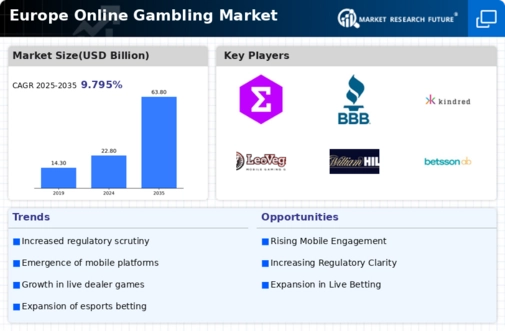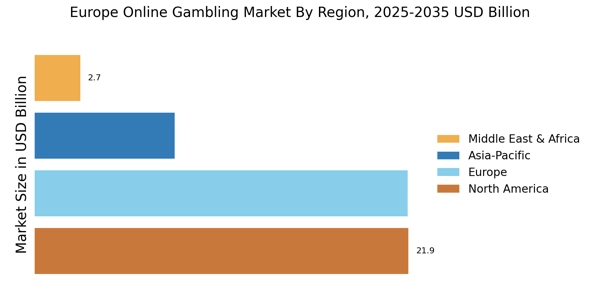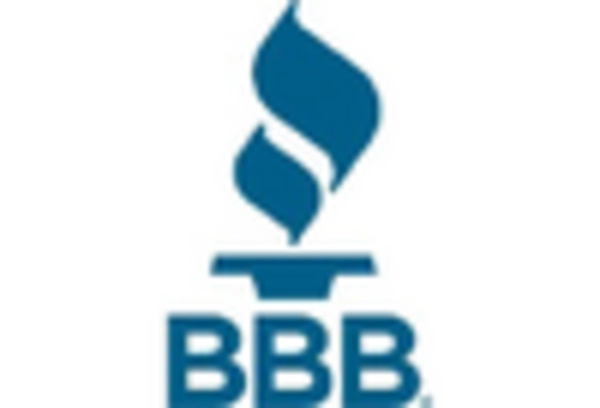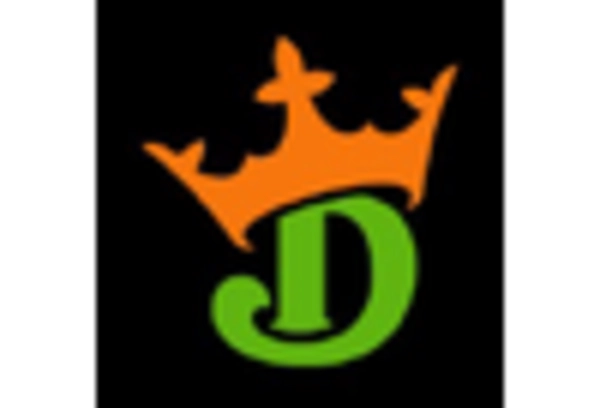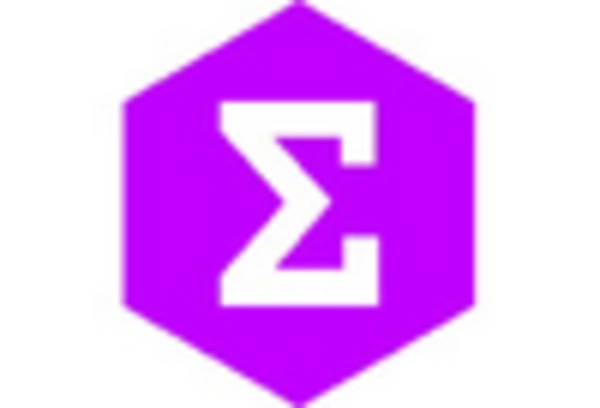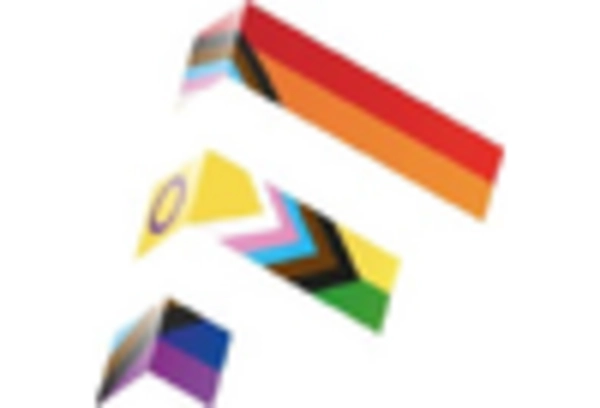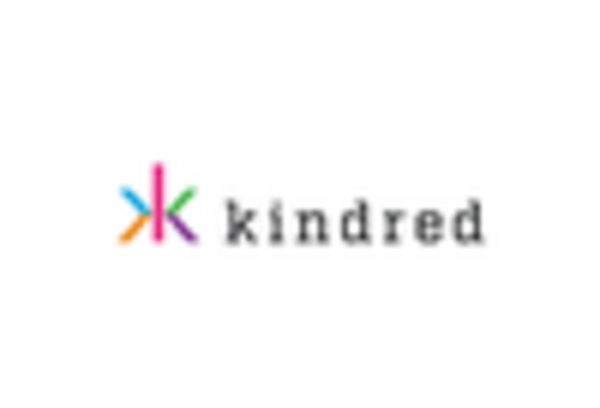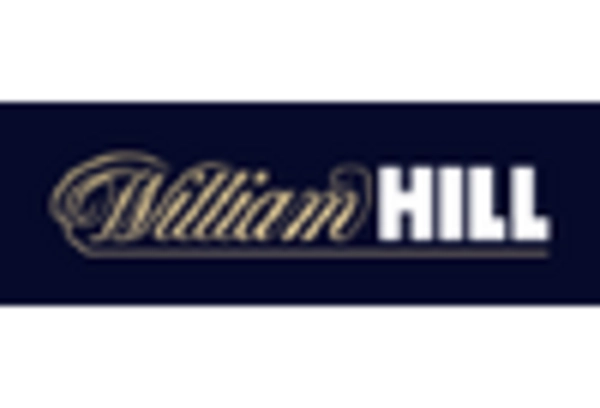Regulatory Developments
The evolution of regulatory frameworks across Europe plays a pivotal role in shaping the online gambling market. Countries are increasingly adopting comprehensive regulations that govern online gambling operations, ensuring consumer protection and fair play. For instance, the UK Gambling Commission has implemented stringent measures to enhance player safety, which has led to a more transparent market. As of 2025, the online gambling market in Europe is projected to reach approximately €30 billion, driven by these regulatory advancements. Furthermore, the harmonization of regulations across EU member states may facilitate cross-border operations, potentially increasing market participation and revenue generation.
Technological Advancements
Technological innovations are transforming the online gambling market in Europe, enhancing user experience and operational efficiency. The integration of artificial intelligence (AI) and machine learning algorithms allows operators to personalize gaming experiences, thereby increasing player engagement. Moreover, advancements in payment technologies, such as cryptocurrencies and e-wallets, are streamlining transactions, making them faster and more secure. As of 2025, it is estimated that around 25% of online gambling transactions in Europe will be conducted using alternative payment methods, reflecting a shift towards more modern financial solutions. This technological evolution is likely to attract a broader demographic, further expanding the market.
Changing Consumer Preferences
The online gambling market in Europe is witnessing a shift in consumer preferences, particularly among younger demographics. Millennials and Generation Z are increasingly favoring interactive and immersive gaming experiences, such as live dealer games and virtual reality (VR) gambling. This trend indicates a potential growth area for operators who can adapt their offerings to meet these evolving demands. Research suggests that by 2025, nearly 40% of online gamblers in Europe will prefer platforms that provide innovative gaming experiences. Consequently, operators must invest in developing engaging content to capture this audience, thereby driving market growth.
Increased Internet Penetration
The surge in internet penetration across Europe significantly impacts the online gambling market. With more than 90% of the population having access to the internet, the potential customer base for online gambling platforms continues to expand. This accessibility enables operators to reach a wider audience, including those in previously underserved regions. Furthermore, the proliferation of high-speed internet connections facilitates seamless gaming experiences, which is crucial for player retention. As of 2025, it is anticipated that the online gambling market in Europe will benefit from an increase in active users, potentially exceeding 20 million, thereby enhancing overall market dynamics.
Marketing Strategies and Promotions
Effective marketing strategies and promotional campaigns are essential drivers of growth within the online gambling market in Europe. Operators are increasingly leveraging digital marketing techniques, including social media advertising and influencer partnerships, to attract new players. Additionally, enticing bonuses and loyalty programs are being utilized to retain existing customers. As competition intensifies, the ability to implement innovative marketing strategies becomes crucial for success. It is estimated that marketing expenditures in the online gambling market will account for approximately 15% of total revenue by 2025, underscoring the importance of strategic marketing in driving market expansion.


